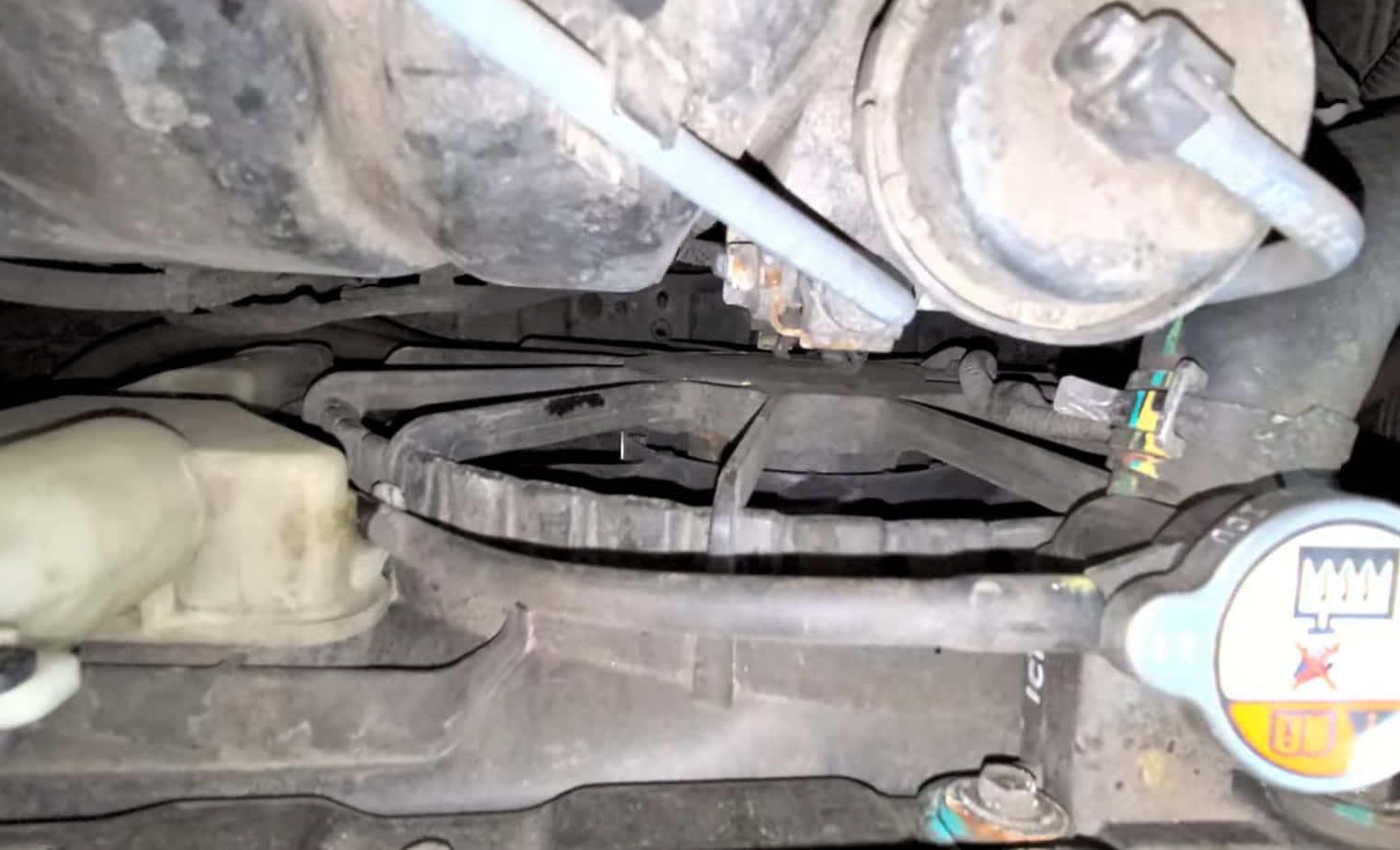With Hyundai Elantra radiator fans not working, it can be a big problem that requires immediate attention.
It is not a good idea to keep a radiator fan in bad shape. When you have a faulty radiator fan, your engine will be prone to overheating. Thus, costly repairs can be a huge concern you need to deal with.
So, why exactly do radiator fans malfunction? Here are some of the reasons behind this occurrence and what you can do about it.

Contents
Hyundai Elantra Radiator Fans Not Working – Common Causes
If you find yourself dealing with a broken radiator fan, you may be shaking your head and wondering just how this even happened.
There are many reasons behind this problem such as a bad relay, blown fuse, or even a broken wire. Sometimes, when the coolant level is low, or the coolant temp sensor is faulty, or even the fan is broken, can be typical culprits.
Have a look at these factors affecting a radiator fan malfunction that you may not know about.
1. Blown Fuse
All electrical systems are supported by a fuse. Each time an electrical surge goes towards any electronic equipment, your fuse automatically stops the electric supply to prevent any damage. Thus, the fuse may blow up during the process.
Generally, it is not a big ordeal to have a blown fuse since you should easily buy and replace it. If the radiator fan is not working, you may want to check the fuse to make sure it is not damaged. Usually a 50A fuse is what runs the radiator fan. Others may simply use a smaller fuse connected to your fan control module.
2. Broken Wiring
Another possible reason why your radiator fan malfunctions is a bad connection or wiring. A wiring issue may be the culprit, so you may want to check your connections that go to the fan from the relay or control unit. Inspect for any corrosion signs and symptoms, as well as the connector plugs.
It is usually not very effective to measure your wirings with a multimeter since you have to put load on wires to make sure they are indeed functional. But if you only want to conduct a quick test, you can use your multimeter to check if there is power entering your radiator fan.
3. Faulty Coolant Temp Sensors
There are two separate systems in various car models. Your fan control may either be integrated into your engine control unit or there is a separate fan control module. These two cases involve a temperature sensor utilized by the control units to determine the right time to start your radiator fan.
However, if you are dealing with a broken temperature sensor, then your control unit does not know exactly when it should start your radiator fan. There are also cars with an independent engine coolant temp sensor for the engine control unit and radiator fan. Thus, you should check the manual of the temperature sensor control involved with your fan using a multimeter.
4. Not Enough Coolant
When you have a low level of engine coolant, it is possible that air can get into the system. Thus, the coolant temperature sensor is unable to read your coolant temperature appropriately. When there is a low coolant level, you have to refill it until the right level is achieved.
If you continue to drive with a low coolant level, your engine may stop because of overheating issues. This can be a big problem that costs a lot of money to repair.
5. Radiator Fan Is Broken
A radiator fan that simply does not work means it is broken. There are various electrical motors in the fans, and these tend to wear out over time. Test your electrical radiator fans by removing one wire from your battery. Then, unplug your radiator fan connector and put in a 12-volt and ground this into your connector. This is the quickest technique to let you test the fans.
6. Bad Relay
Next up, your relay may simply be broken. It draws a huge amount of power, which means the relay is working hard to do this job. Hence, the relay can malfunction due to damages, causing the fan to fail.
You can check the fan relay by inspecting the fuse box of your engine bay. But to be certain where its location is in your car, you can check your owner’s manual to know for sure how to locate it.
If you need to test your 4-pin relay, it should be a relatively easy and straightforward process. You can do this by removing your relay and giving 12 volts to your pin 30 and 85. Then, a ground pin 86 follows, then check if you see voltage coming out from a pin 87. You may even want to connect straight the pin 87 to the fan or anything that draws significant power.
7. Bad Control Module
And lastly, when your fan control module is broken, this can prevent the radiator fans from working, as well. The control module is typically installed in your engine bay. Unfortunately, it is exposed to harsh temperatures, dust, and debris. This is why it is common for the control module to fail over time as corrosion sets in.
Check the relay and look for signs of damage on the exterior. You may also want to open the relay up and inspect for corrosion and bad soldering. When you observe some problems, have it replaced right away.
Read More: How To Open Hyundai Elantra Trunk Without Keys
Wrapping Up
When your Hyundai Elantra radiator fans are not working, it is concerning because of the likelihood of overheating in your engine. With this in mind, it is important to have the problem addressed sooner than later to prevent further issues from occurring that can result in more expensive repairs.